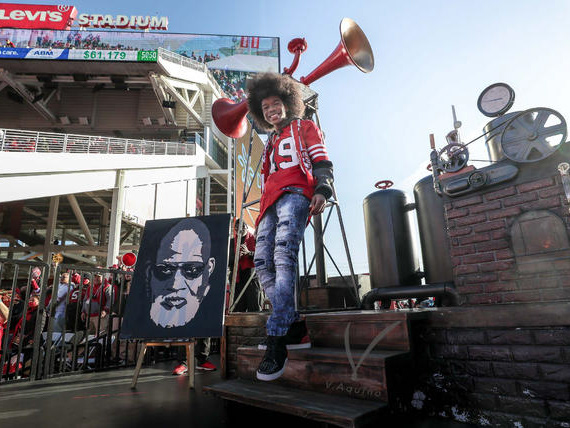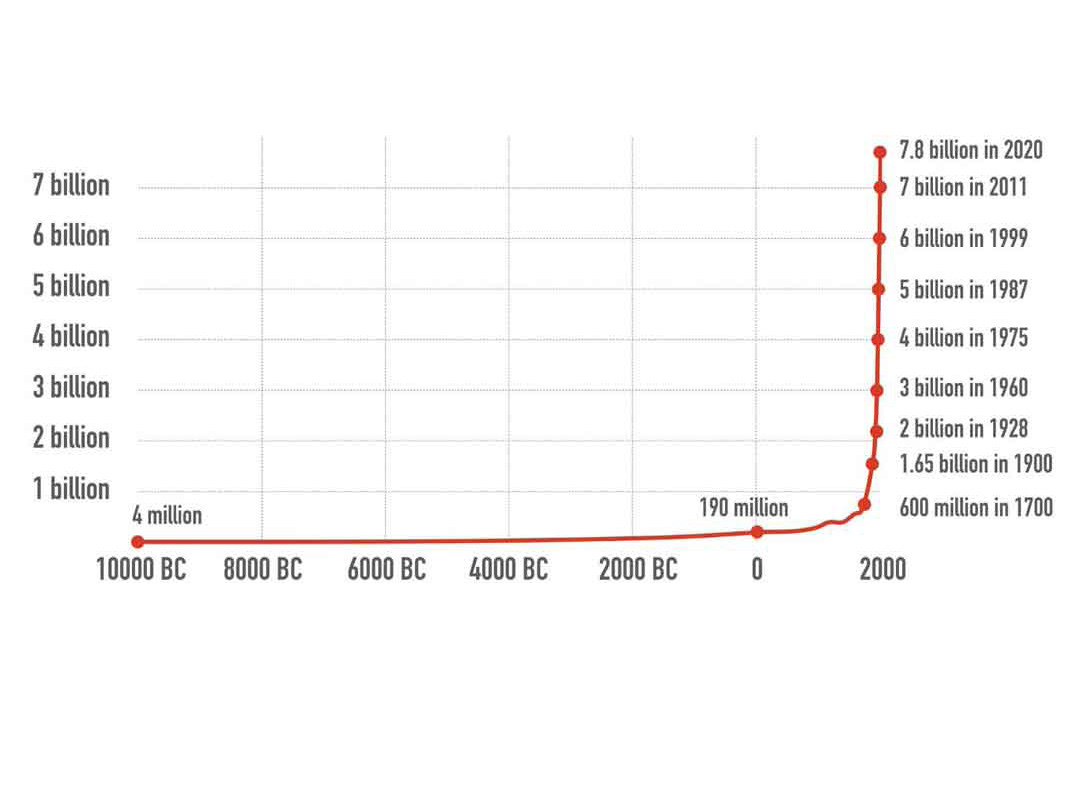SJSU's sports information director Lawrence Fan's 500th football game in November 2021 | photo by: RJ Garcia
By chance earlier this year, my MWC editor, Mike Wittmann, asked if I could interview San Jose State’s legendary sports information director.
I’ve had numerous conversations with the late Lawrence Fan over the last few years and he’s assisted me with various articles and interviews, as he’s done for so many.
It was always on the back of my mind to interview Lawrence and I’m certainly lucky the “forces” finally got me to do it just a week before his sudden passing earlier this year (February 21, 2022).
I knew right off speaking with Lawrence would not be an interview, but an open conversation, because Lawrence was someone you had to let riff and you go with it.
Lawrence was a combination of fun, seriousness, and sincerity and you couldn’t really tell the order each time until you were directly in his orbit.
In the press box, he could come up to you and say, “Do you have everything you need? But if you have any complaints, I can’t help you.” But in his most subtle of non-verbal cues, you knew he would be the one to take care of you.
Or, if I wasn’t quick enough to keep up with him to get to an interview location, Lawrence would most definitely let me know. It felt like my dad or an uncle keeping me honest.
Throughout any interactions with Lawrence, there was always his brand of compassion. When I left a football game early because of a family pet passing away, Lawrence called me the next day to check on me.
Doing thoughtful things for people was so normal for him.
In the original article assignment, it was to understand Lawrence’s role. A google search result turns up the following:
“A sports information director is a type of public relations worker who provides statistics, team and player notes and other information about a university’s sports teams to the news media and general public.”
Lawrence had his work process and procedures down pat, while continuing to evolve and be much, much more for the San Jose State community and to many counterparts across the country.
------------------------------------------------------------------------------------------------------------
“Someone said to me once, ‘Do you love your job?’” said Fan. “And I said, ‘No. You love people, you don’t love your job.’”
Fan doesn’t really need to love his job. He was basically so good at it that he redefined it.
People knew he was more than a sports director. The way he gave unconditionally through his job created Fan’s legacy. Far beyond rich factoids and anecdotes (though fun and interesting to know), Fan’s 42 years of hard work and loyal service has touched and affected the careers and lives of countless people through his mentorship and support.
Since 1980, Fan has been a fixture of the university and had shown no signs of letting up.
Fan’s unique personality and often deadpan humor endeared the generations of alumni, staff, and athletes to him. His encyclopedic range and depth of events, even beyond sports, was amazing...and quite useful for us writers.
Thank the Wall Street Journal
“I always had an interest in sports as a youngster and the impetus to get into athletics administration turned out to be taking an undergraduate class in the economics department at Caltech called, wage theory,” Fan shared on what steered him towards his long-vaunted career.
“I ended up being an economics major at Caltech because it was the easiest way to graduate from school,” continued Fan. “And I really didn’t know then how to exactly pursue my interests in getting a job in sports.”
Call it: destiny, fate, serendipity – a juxtaposition of a sports-related story in a business journal reaching a person with the love of sports pursuing an economics major.
“One of the weekly assignments back then was to read the Wall Street Journal and that journal wasn’t necessarily in my wheelhouse at all,” said Fan. “It turned out that one of the feature articles on the front page was on the concept of sports administration programs.”
“I told myself, ‘I’m going to save this article and see what I can do with this after I graduate,’” added Fan. “Considering I still didn’t know what sports information was back then.”
You can say the rest is history, but back in the early 1970s, it was difficult to get a job in sports as Fan described.
“You just had to know somebody to get a chance,” said Fan. “But really too, among my purposes was to be the first one among three kids to go to college and finish. That was my responsibility to my family.”
“And, if I had not taken that class, I would not have seen that article,” reflected Fan on the happenstance.
How something seemingly unrelated can affect or create your life direction seems apropos for Fan. He would want you to be your best because you never know who, when or where you’ll be the cause and effect for someone down the line in the near or distant future.
1980
“My understanding is I was not the first choice for the job back in the spring of 1980,” said Fan on the pursuit of his fourth and last institution to work for. “What’s interesting about the hiring process back then is that the committee consisted of one Hispanic, one Black, and one Caucasian member, and the latter was Jack Elway (father of NFL Hall of Fame QB John Elway).
“I’m sure it was unintentional, but I’m sure you couldn’t find a more diverse interview group considering the times,” said Fan.
Obviously, things worked out and Fan got the job that was to initially cover men’s athletics and its 11 sports.
“It was a lot less complex back then,” said Fan. “It was a lot of work by hand, where an old-fashioned calculator was considered a luxury.”
How Fan’s mind worked
“The job has really evolved over time and the acceleration of change has been dramatic over these last few years,” said Fan. “Relatively speaking, there aren’t a lot of people in my age group that are doing this.”
“And there’s a concern possibly nationally that the longevity like I have is vanishing, because of the expectations and compensation,” said Fan on his concern in keeping up the “science and art” of the role so to holistically support a college athletic program.
In Fan fashion, he pivoted to Amy Villa, SJSU’s Director of Athletics Media Relations, who was recognized by the College Sports Information Directors of America (CoSIDA) for 25 years of full-time service.
Fan is also in the CoSIDA Hall of Fame and was the first Chinese-American to reach that status.
“It’s just how my mind shifts and works. Since I’ve always been good with numbers and arithmetic, I can count the number of women in this space and I told Amy that with her unique qualifications that she’s among only 31 women in a national organization since 1957 to the present to be in this space,” said Fan.
“So, you’re talking close to 65 years, only 31 women have made it to 25 years of full-time work and on top of that, if you took those 31 women, there’s a smaller subset of them who’ve also raised a child, which makes it even that much more challenging to reach true longevity,” Fan proudly pointed out.
Fan’s never been one to talk too much about himself for long and he doesn’t need to. His body of work; his historical recollection and his ability to retain the minutiae in his personal relationships over the years are its own kind of endearing genius.
As Fan was single and never married, his family was literally the current and past generations of San Jose State Spartans.
The retirement question
Fan adeptly answered that there’s too much work to do.
“There’s some family things that I need to do which has gone a lot slower than I forecasted over the years,” said Fan on his most direct answer to the question.
“For instance, two nights ago on Monday, I really was supposed to be in San Francisco taking care of a 100 gallons of garbage, because it was garbage night, but by the time I was ready to leave here, it was 8:30 at night,” explained Fan.
“And you know, trying to find a parking space in a San Francisco neighborhood is difficult,” Fan said. “Normally, I’d rather park five blocks away if it’s a flat walk vs. two blocks going up a hill.”
“And I knew I was going to do a lot of baking last night and this morning,” said Fan of his famous “Fan Cakes” that he first made for a food-picky photographer in the mid-1980s. “I had two cakes in the oven before I went to bed at 1 AM. And the alarm rang a bit after 6 AM and I baked two more.”
For staff and media, Fan Cakes have been a constant at San Jose State sporting events for over 25 years. It was the one small tangible symbol that shows his care, hospitality, and effort to make sure his family was happy.
With his extended family, hopefully, you can feel the tenor and cadence of his voice from Fan’s transcribed words.
For those who didn’t know him, just know there was a deep love and passion for all he supported. It’s something that shouldn’t be taken for granted from anyone who truly gives.
In Lawrence Fan’s memory
To the entirety of his family: the easiest, selfless thing you can do – offer a simple, friendly, constructive exchange to anyone you run into every day...in perpetuity. When your time comes, the accumulation of that simple gesture will be in his honor and yours when you meet again.



